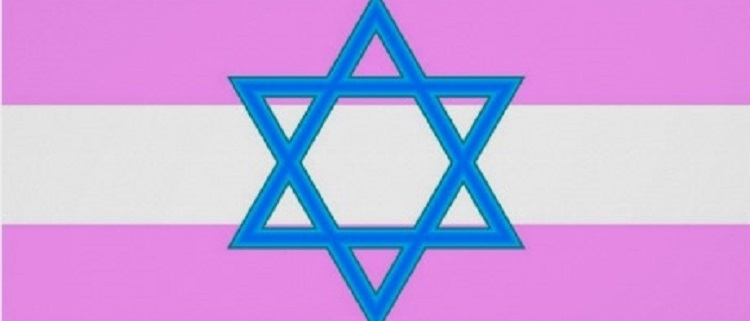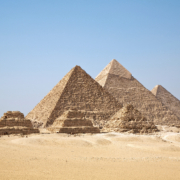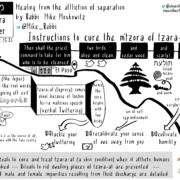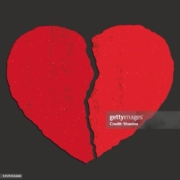Trans Day of Visibility and Shabbat HaGadol
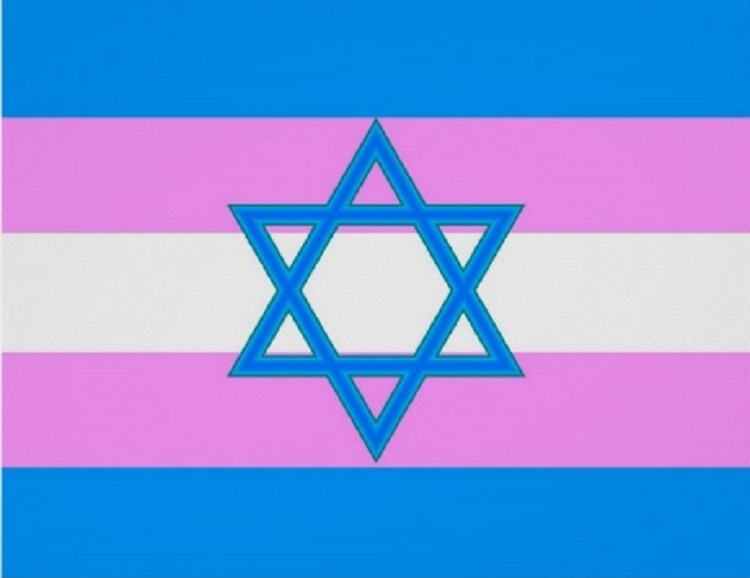
Part of an ongoing series that explores Torah through an ethic of social justice and building a world worthy of the Divine.
On Purim we conceal what is revealed, in preparation for Passover when we reveal what is concealed. Knowing what exists below the surface informs what we see on the outside and, more importantly, affects how we interact with it. The Talmud, Kiddushin 40b, teaches: תַּלְמוּד גָּדוֹל שֶׁהַתַּלְמוּד מֵבִיא לִידֵי מַעֲשֶׂה – the study of Torah is great because it brings to action. This Friday is Trans Day of Visibility and the more we learn about the holy lives of the trans community, the more we are called to action in celebration and support.
Shabbos HaGadol, the great shabbos, also begins on Friday. It commemorates the last shabbos before the Exodus from Egypt, when the Israelites visibly defied the Egyptians by fulfilling God’s commandment to take a sheep, one of their gods, and displayed their intention to experience Passover a few days later. (Four days later the sheep would be sacrificed as a prelude to our liberation.)
True liberation comes when we understand how the enslavement came to be, and we repair the actions that led to it and perpetuated it. Jacob tells his sons “רְדוּ – descend” to Egypt so that they “may live and not die”. (Exodus 42:2) Joseph is there to provide for them, but only because he was already marginalized and sold into slavery by them. We come together to partake in the Passover offering as an attached collective, chaburah, to repair the lack of care for each other that caused the dehumanization to begin. The dehumanization began first with an individual (Joseph) and then expanded, as it naturally does, to the entire nation of Israel – and it lasted for 210 years, the numerical value of “רְדוּ – descend”.
We bring awareness to this reality at the very beginning of the telling of the story in the Haggadah: “This is the bread of affliction that our ancestors ate in the land of Egypt.” “Bread of affliction – לַחְמָא עַנְיָא” also has a numerical value of 210 and is additionally celebrated as the “bread of freedom” because it invites us to discuss it deeply “לֶחֶם שֶׁעוֹנִין עָלָיו דְּבָרִים הַרְבֵּה – bread over which one answers many things”. (Talmud Pesachim 115b) Having a clear picture of the brokenness helps us in the restoration process, as the rabbis teach: וְכָל הַמַּרְבֶּה לְסַפֵּר בִּיצִיאַת מִצְרַיִם הֲרֵי זֶה מְשֻׁבָּח – anyone who increases the telling of the story of the Exodus of Egypt is improved.
“In each and every generation, a person is obligated to see themselves as if they came out of Egypt – בכל דור ודור חיב אדם לראות את עצמו כאלו הוא יצא ממצרים”. (Talmud Pesachim 116a) The Hebrew word for “generation”, “דור”, also adds up to exactly 210 and connects each of us to the oppression and emancipation of those who came before. Tradition asks us to feel so unified with the “other,” it is as if there is no “other” at all.
This aspirational level of allyship, in Hebrew “chaver – חבר” and also equalling 210, while providing insights into the struggle, is highlighted as a prerequisite in truly appreciating the blessing of the experience. Before we begin to tell the story of Passover we uncover the matzah to get a closer look. We see for ourselves the expansive depth hidden in a superficially flat presentation.
There is so much to celebrate on Trans Day of Visibility and the more we appreciate the value of each and every person who is trans, the greater the movement from oppression to freedom.
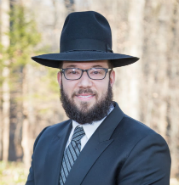
Rabbi Mike Moskowitz, a founding builder at Bayit and also a member of Bayit’s Board, serves as Scholar-in-Residence for Queer and Trans Jewish Studies at Congregation Beit Simchat Torah, a flagship LGBTQIA+ synagogue in New York City.

